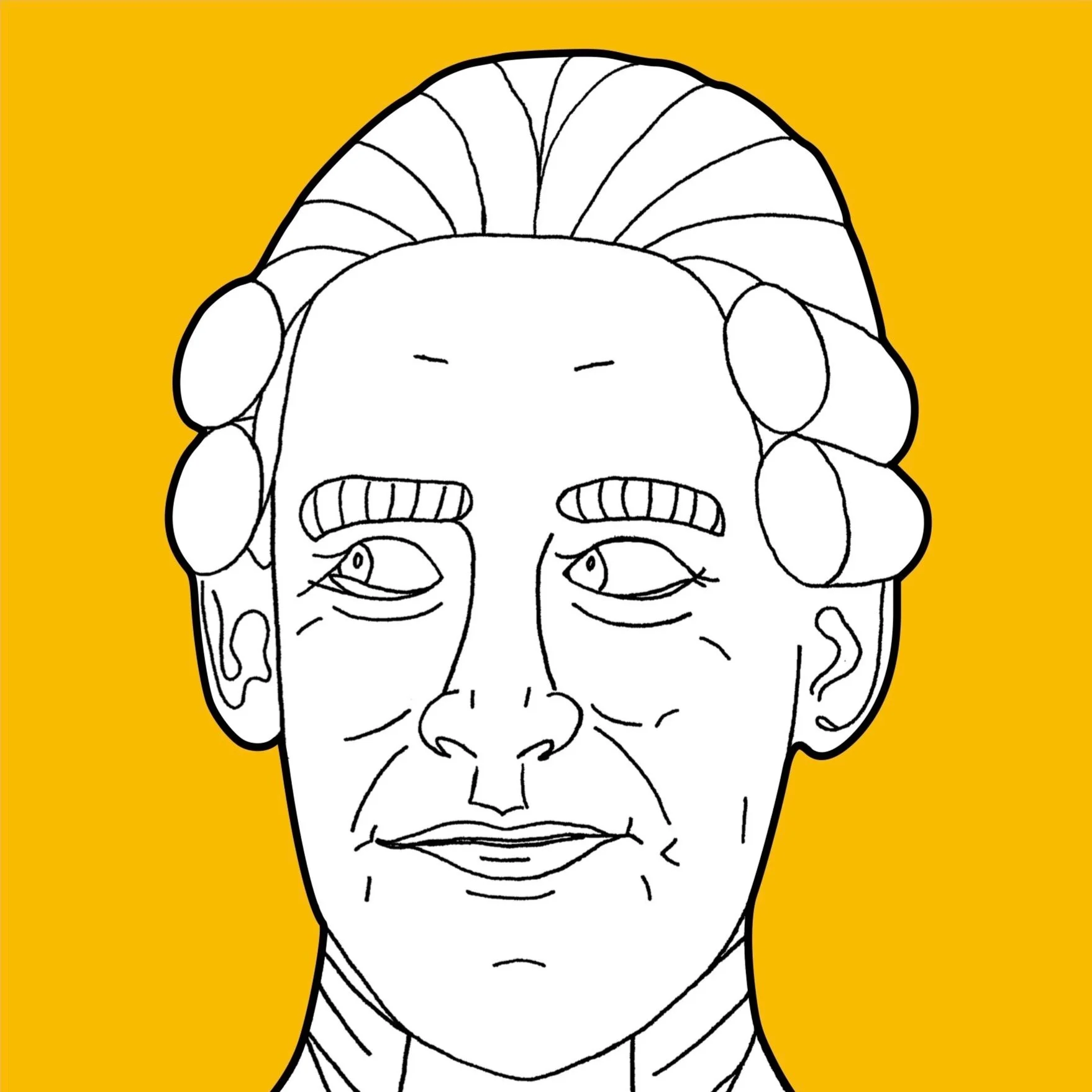In the 1950s and 60s pop music came of age. At the same time, classical musicians were rediscovering and reinterpreting early music. The album Come Again is a thought experiment: what if those pop musicians had also discovered early music?
Featuring songs by composers such as John Dowland, Estêvão de Brito and Thomas Tallis, this is Early Music as you’ve never heard it before. Come Again is funded by a grant from the Ministry of Arts and Research, Baden-Württemberg, and will be released in April 2023.





